GST regime scheduled from April 1, 2016: V S Krishnan, GST, CBEC
Updated: Sep 17, 2015 12:29:13pm
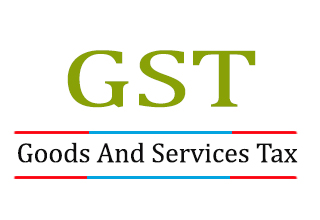
"Unlike the direct taxes, indirect tax is a transaction tax. It is not based on a yearly assessment... Theoretically, there is no issue on introducing GST in the middle of the financial year. Unlike Income Tax which has an assessment year, there is no such year for transaction tax”, said Krishnan, Member GST CBEC while inaugurating ‘National Conference on GST@2016: Issues & Solutions,’ organised by The Associated Chambers of Commerce and Industry of India (ASSOCHAM) on Wednesday.
He added however that a final call will be taken by the Finance Minister and the Central Board of Excise and Customs (CBEC) is proceeding on GST preparedness on the assumption that the new regime will be implemented from April 1, 2016.
Petroleum industry will face all the existing levies by Centre, states till it's brought under Good Service and Tax (GST). Industry will not get credit on additional excise duties paid on petroleum products, said Krishnan.
He stressed that Industry will have to take a view if they want to continue only due to tax exemptions. All exemptions will be phased out over a period of time under GST.
He further said, “sectoral exemptions will be phased out under GST except infrastructure exemptions like power”.
He informed that GST model laws likely to be finalized by end of the month; will be placed for public consultation. The State Finance Minister (FM) panel will consider the model GST laws as well.
Member GST CBEC said, “Place of Supply Rules for services is a major issue….”
Addressing the conference, Krishnan pointed that the Centre and the States will exempt the same number of items under GST. The Centre list of exemptions is 299; States have an exemption list of 99 items; exemptions will have to be pruned down to 99 items.
He also said that special area exemptions will go and will be replaced by some other system. There's a grandfathering arrangement for exemptions; there's a sunset date. Krishnan said, “bringing services under GST will be a major challenge; for the states it will be a leap in the dark”.
Krishnan further said that Good Service Tax (GST) law currently being drafted; Constitutional Amendment Bill only an enabler. The Dispute Resolution System under GST is the major concern.
Replying on what will be the GST rate is a major challenge; he said that a very high GST rate will dilute the advantages. The Chief Economic Adviser (CEA) panel is to submit report on GST rate by end of the month. The Rajya Sabha panel has suggested a 20 per cent GST rate, he added.
GST will create a level playing field between imports and domestic manufacturing. It's expected that GST rate will be below 26.5 per cent. Currently effective indirect tax rate including VAT is 26.5 per cent and It will be very difficult to cheat under GST; compliance will go up under GST. The Inventory cost of industry will come down under GST, said VS Krishnan, Member GST CBEC at an event.
Others who also spoke during the conference were umit Dutt Majumder, Former Chairman, CBEC & Author of the Book titled ‘GST in India’, Nihal Kothari, Chairman, J.K. Mittal, Co-chairman, Natioanal Council on Indirect Taxes, ASSOCHAM and D S Rawat, Secretary General, ASSOCHAM. (KNN Bureau)

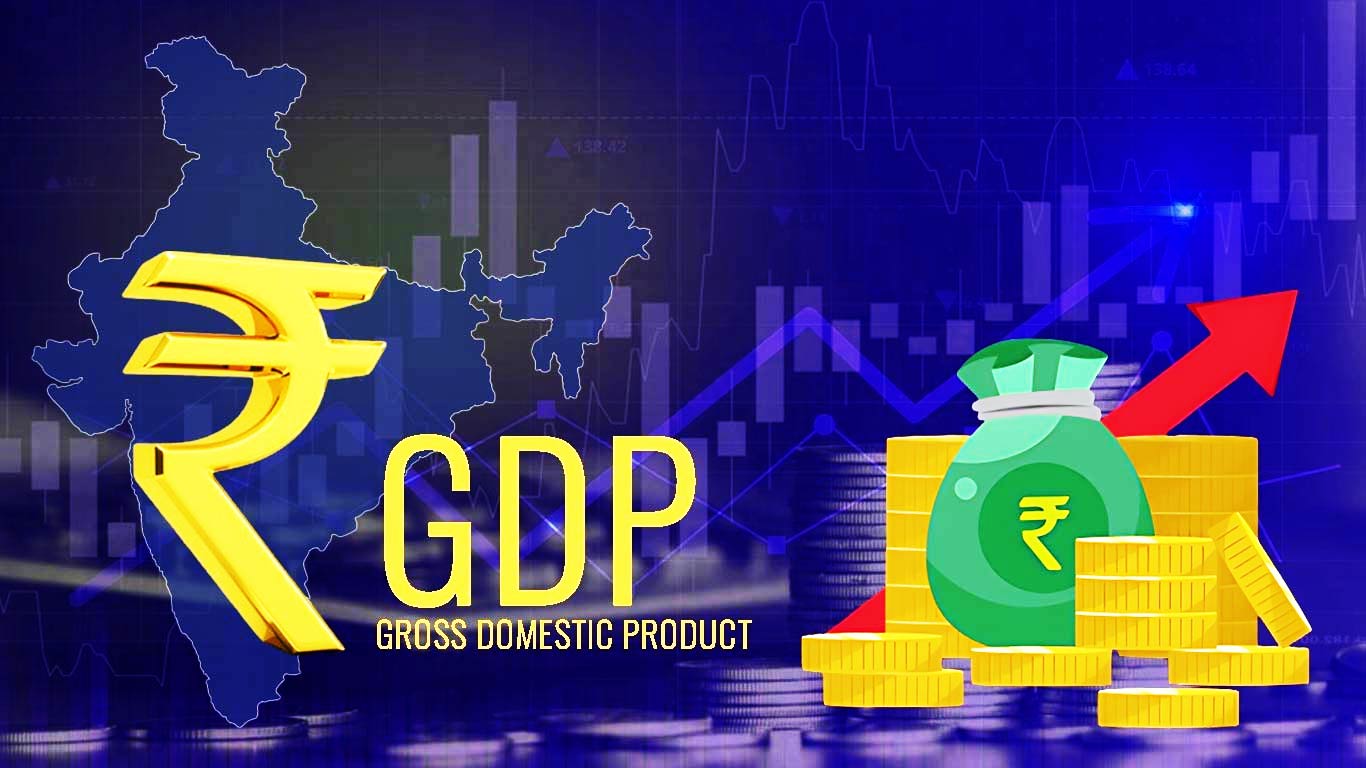
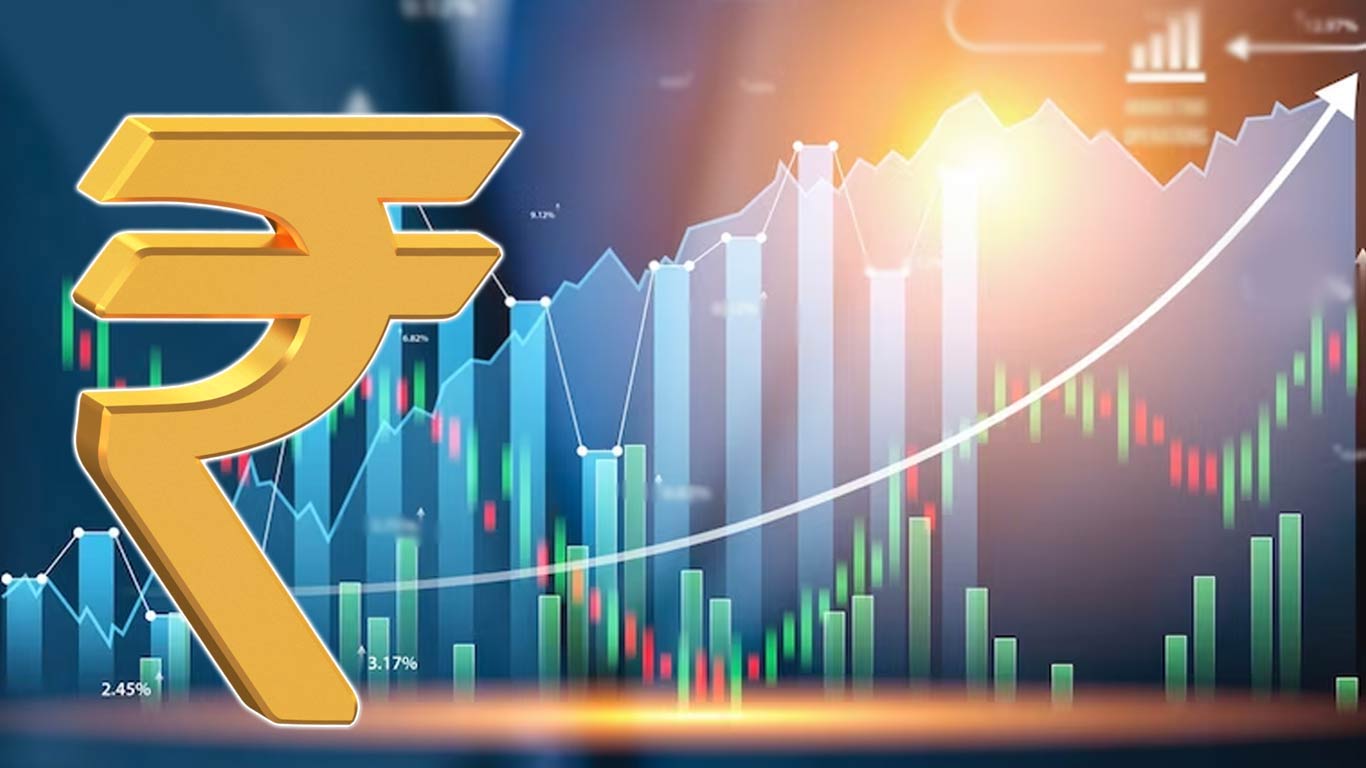
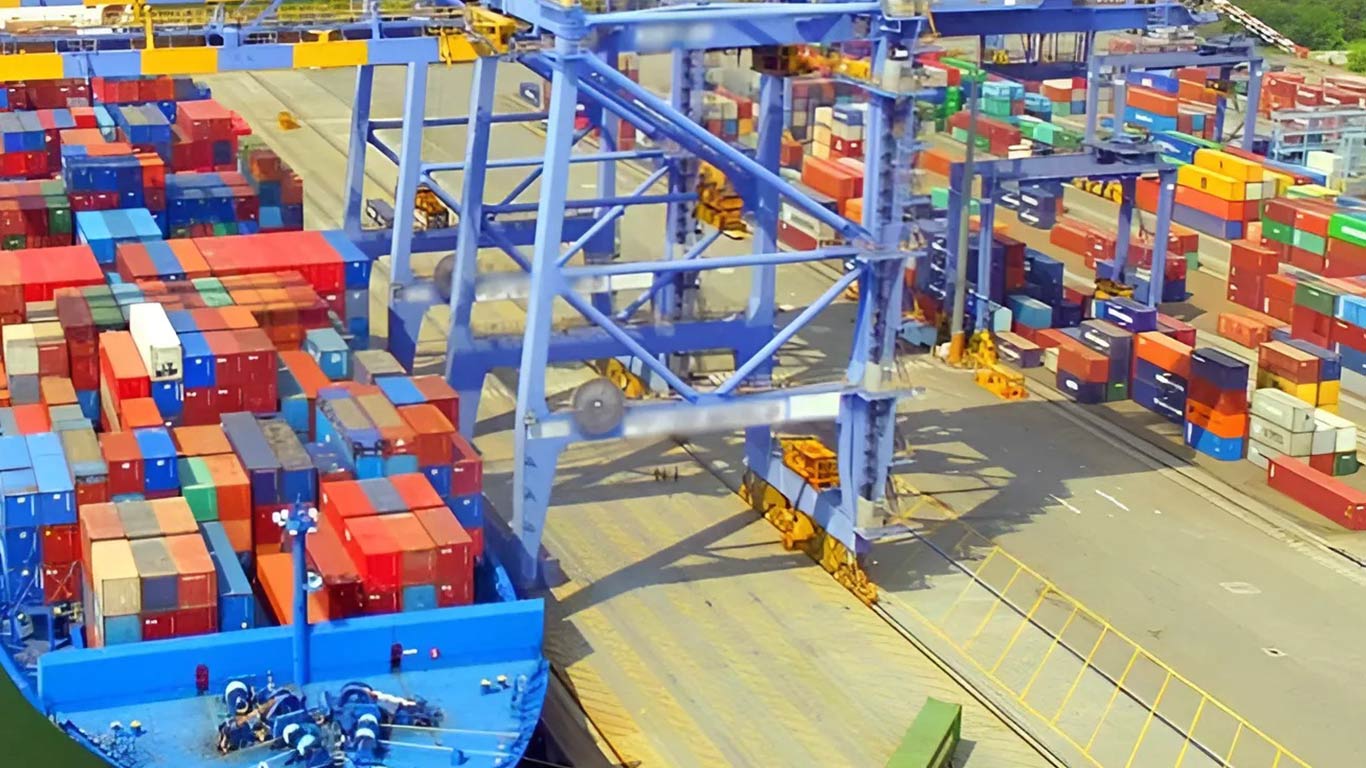

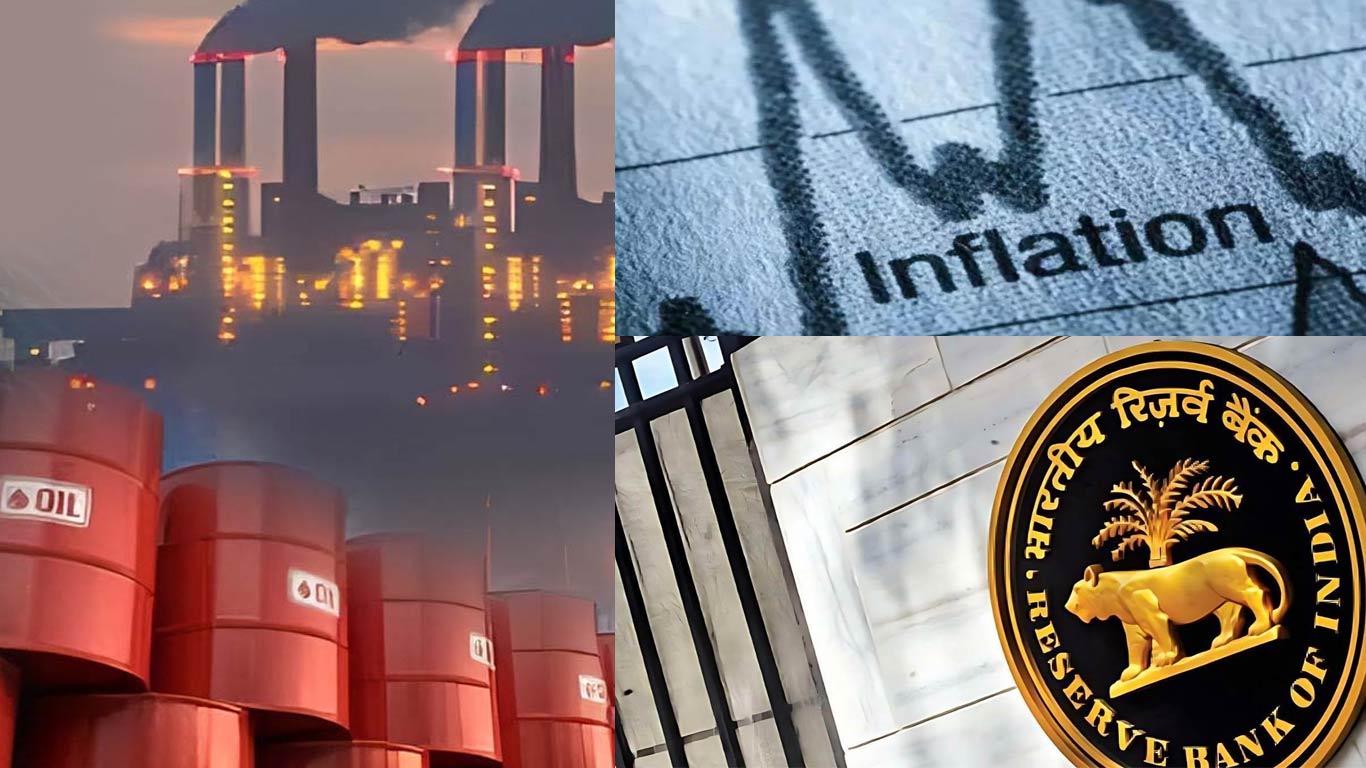





